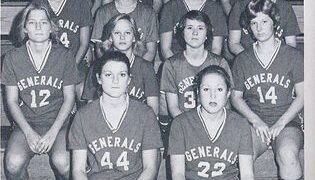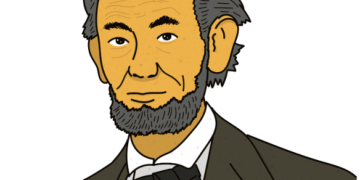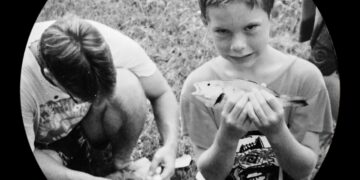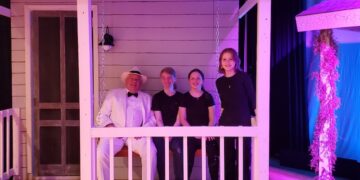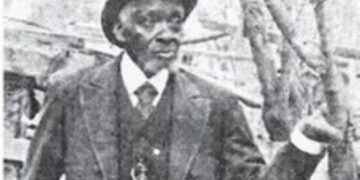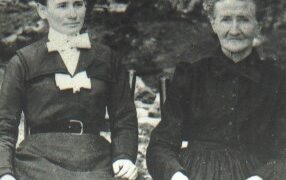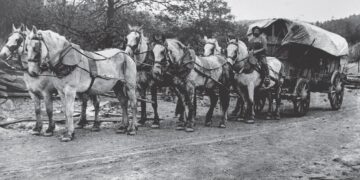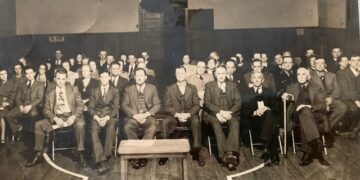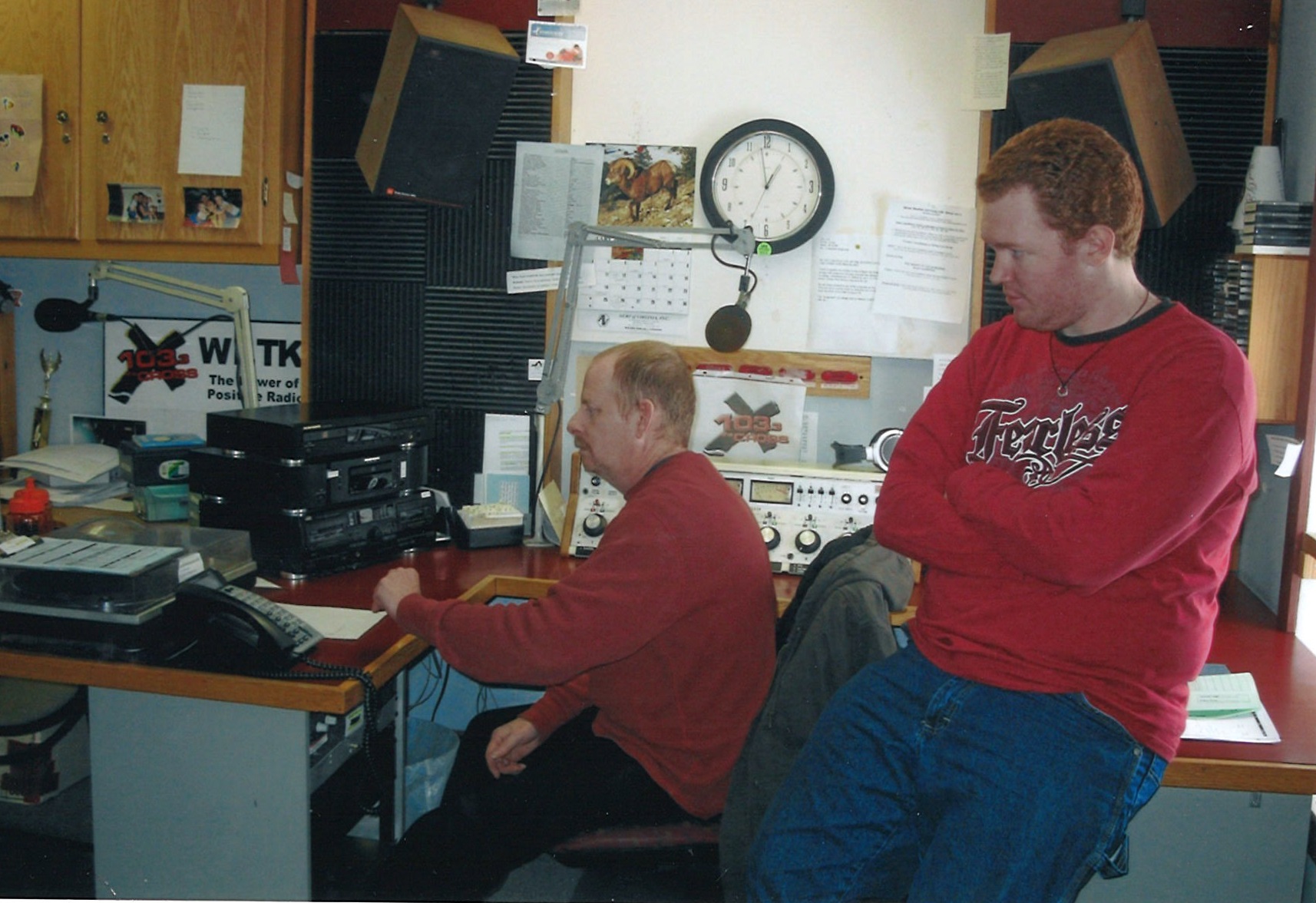
This month, we conclude our look at WBTX’s former sister station, WLTK-FM. For just over twenty years, WLTK was a ‘live and local’ radio station, serving the Valley with the best in Contemporary Christian music.
Before we continue our history, let me briefly discuss how WLTK was programmed. Unlike WBTX, DJs on WLTK, ‘Light 96 FM’, were required to follow a strict rotation schedule (in other words, you were not permitted to play what you wanted to play). Songs were arranged by category: ‘current’, ‘recurrent’, ‘power gold’, and ‘standard gold’. Each hour also had a ‘clock’ that was to be followed by the DJ (specifying the order of song categories for that hour). While this may seem a bit restrictive, this was ultimately necessary in maintaining a consistency in sound and the overall ‘brand’ of Light 96.
Also, often times DJs would record an hour for playback at a later time. For instance, between 9:00am and 10:00am, a DJ may be live, but that hour was being simultaneously recorded on tape/DAT for playback at a later hour on a later day. This was a bit tricky for some DJs. For instance, during that hour, a DJ had to refrain from giving the time as ‘9:15’; they would have to simply say ’15 minutes past the hour’ (as that tape might be played back at a different hour). Keep in mind, this was before the station acquired computers with automation software. WLTK relied heavily on ‘recorded hours’ simply out of necessity.
We continue our history in the year 2000; WLTK had just celebrated 10 years of broadcasting. Greg Crabtree, who joined the company in 1994, was now serving as program director for WLTK – ‘Light 96 FM’. However, as you might suspect, some changes were on the way…
It was announced on-air that, by 2001, WLTK would be moving from 96.1 to 103.3 MHz on the FM dial. This ‘frequency swap’ was a difficult business decision on the part of Massanutten Broadcasting, the parent company of both WLTK and WBTX. Although moving to 103.3 MHz would place both stations in a better financial situation, it would lessen the coverage area of WLTK. The station’s power would decrease from 2800 watts to 2200 watts.
We still have on file a number of letters from listeners who, because of the frequency change, could no longer pick up WLTK. In response to these comments, Dave Eshleman, President of MBC, was quick to point out the financial implications of the change: “Of the 12 years WLTK has been on the air, there have been only 4 years that the station has shown a profit.”
And thus, on August 8, 2001, WLTK moved to 103.3 MHz. ‘Light 96’ was now ‘Light 103’. This brand would be short-lived. Beginning in 2004, under new ownership from New Life Ministries, ‘Light 103’ became ‘X 103 – The Cross’.
As the 2000s progressed, ‘X 103 – The Cross’ maintained a loyal listener base. Listeners had become accustomed to such voices as Greg Crabtree, Karen Kenney, Mike Pompeo, Dave Wyant, and Mike Carnahan. WLTK was also present within the community, often sponsoring concerts by Contemporary Christian artists at the Rockingham County Fair, including Carman (1997), Jaci Velasquez (1999), and Michael W. Smith (2002).
Operating two vastly different radio stations in a small market can be quite the challenge, especially when viewed through a financial lens. As mentioned, the 2001 frequency swap was out of financial necessity. In 2010, another decision was made that, although difficult, would place both WLTK and WBTX in a better financial position. WLTK was to be leased to the Educational Media Foundation (EMF), perhaps known better as K-LOVE. And thus, on February 1, 2010, after just over twenty years, WLTK officially ended all local programming and began carrying the feed from the K-LOVE radio network.
In 2017, WLTK was officially sold to K-LOVE. Massanutten Broadcasting dissolved, and became WBTX Radio, LLC. WBTX is no longer affiliated with K-LOVE nor WLTK.
Looking back at WLTK, one cannot underestimate just how groundbreaking the station was. When it signed on in December of 1989, the Contemporary Christian music industry itself was barely 10 years old, having evolved out of the ‘Jesus music’ movement of the early-to-mid 1970s. WLTK was the first to introduce many in the valley to this new format, and did so in a cutting-edge and professional manner.
I should also note that we have a ton of WLTK documentation still on file. This includes a printout of the music library as it was in the early years, tapes of ‘sweeper’ packages (which have been digitized), transcripts of many ‘Light 96 Album Specials’, format clocks, and much more.
What if ‘Light 96’ would return? Maybe as an Internet stream? Perhaps with a ‘classic’ CCM format (pre-2000)? Would you listen? (Rest assured, WBTX would remain completely intact with great southern gospel music!).
Perhaps you have some fond memories of WLTK – ‘Light 96 FM’ and/or ‘X 103 – The Cross’? I would love to hear from you. Next month we’ll return to some more southern gospel music history.



